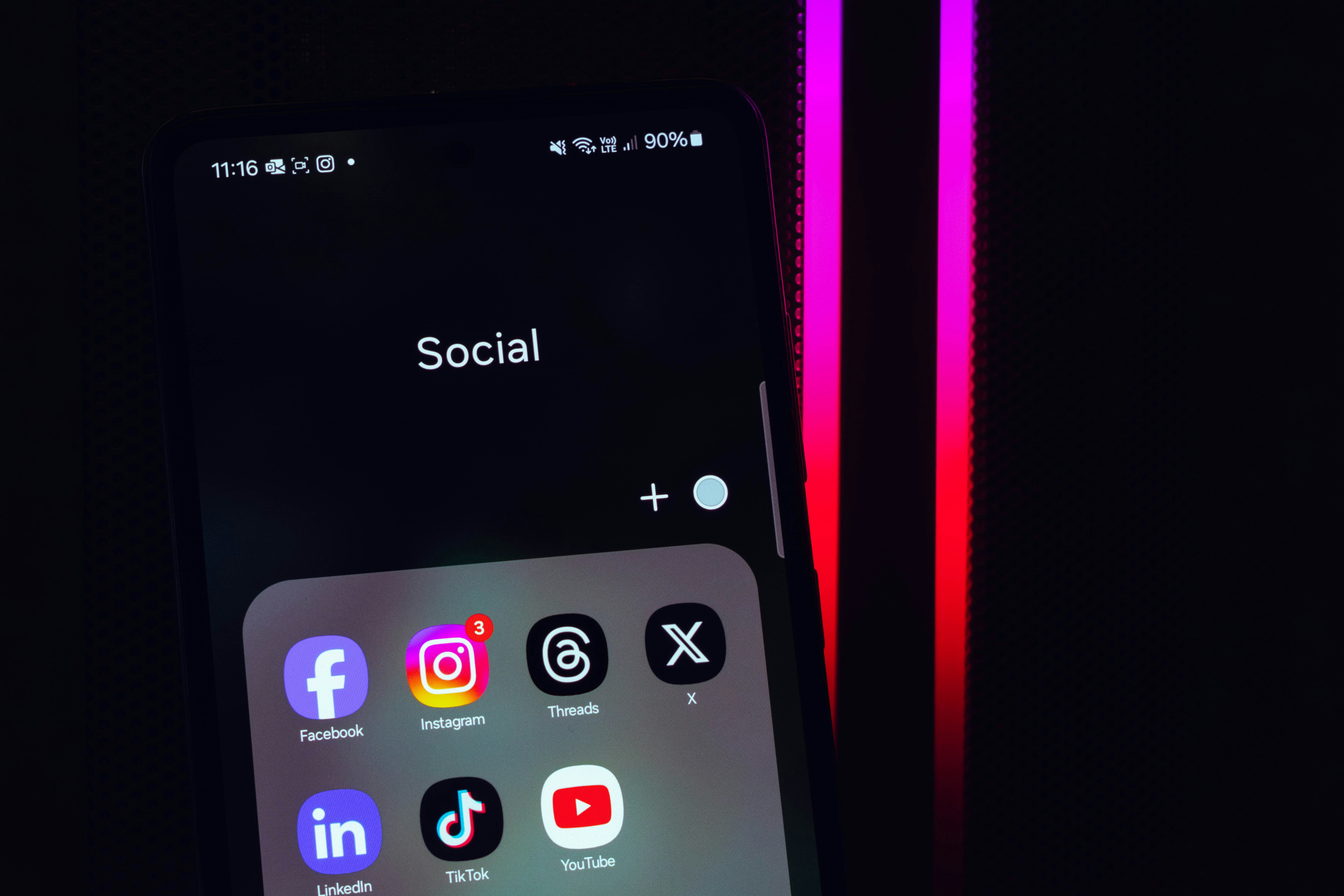Unveiling the Dynamics of "Cancel Culture": A Sociological Perspective
Introduction: In our rapidly changing societal landscape, "cancel culture" has emerged as a potent form of collective social sanction. This phenomenon, driven by social media, has broad implications for our understanding of power, justice, and public discourse. Read below to delve into a comprehensive exploration of this complex sociocultural trend.

The Genesis of Cancel Culture
Cancel culture originated from the virtual realm. The term was coined on social media platforms as a way to describe the collective withdrawal of support from public figures or companies that have committed perceived wrongdoings. The roots of this phenomenon can be traced back to the rise of social media platforms, which have democratized discourse and facilitated the rapid spread of information.
Cancel Culture in the Social Media Age
The advent of social media has revolutionized the way society communicates, shares information, and forms opinions. This new norm has given birth to cancel culture, which thrives on the interconnectedness and immediacy of the digital world. It is most prevalent among younger generations who are more likely to use social media as their primary source of news and information.
The Societal Implications of Cancel Culture
Cancel culture has several implications for society. On one hand, it can be seen as a form of social justice, enabling marginalized groups to hold powerful individuals or entities accountable. On the other hand, it raises concerns about due process and the potential for mob justice. Additionally, the public shaming associated with cancel culture can have severe psychological impacts on the individuals targeted.
The Research Perspective on Cancel Culture
Research into the dynamics of cancel culture remains nascent, but a few key findings have emerged. Studies suggest that cancel culture can contribute to a ‘call-out’ culture where individuals are quick to condemn others for perceived transgressions. This can create a culture of fear and self-censorship, stifling free speech and open discourse.
Towards a Balanced Understanding of Cancel Culture
Navigating the complexities of cancel culture requires a balanced approach. While recognizing its potential as a tool for social justice, it is crucial to consider its potential downsides. Promoting open dialogue and understanding, rather than quick judgment and public shaming, can contribute to a more nuanced and productive way of addressing societal issues.
In conclusion, cancel culture is a complex phenomenon that embodies various facets of contemporary society. It is a product of our digital age, deeply intertwined with the dynamics of social media, power, and public discourse. As society continues to evolve, so too will our understanding of cancel culture and its impact on our collective life.




